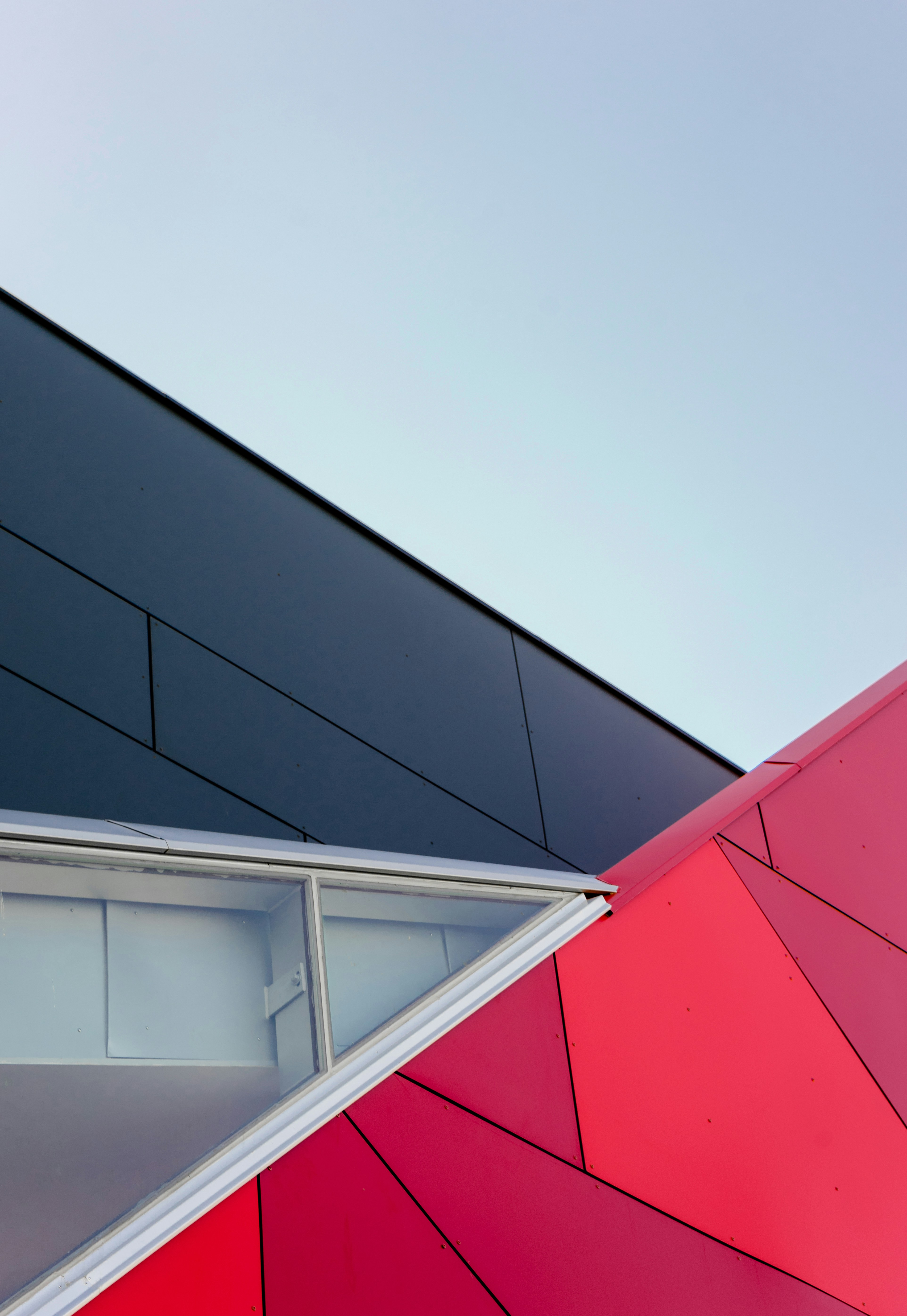Wine Tasting
페이지 정보

본문
Wine Tasting
What happens at a wine tasting?
A wine tasting is an occasion where individuals can pattern and consider numerous wines. This experience is designed to reinforce the understanding and appreciation of various wine varieties, flavors, and aromas.

Key Components of a Wine Tasting
- Selection of Wines: Participants are sometimes introduced with a range of wines, which can embody reds, whites, rosés, and generally glowing wines.
- First Impressions: Tasters observe the wine's shade, clarity, and 부산부달 (ask.mallaky.com) viscosity by swirling it in the glass.
- Aroma Assessment: Before tasting, participants sniff the wine to determine varied aromas, which often embrace fruity, floral, earthy, or spicy notes.
- Tasting: A small quantity of wine is taken in, allowing tasters to assess flavors, texture, and stability. Swishing the wine within the mouth might help to disclose additional nuances.
- Conversation and Evaluation: Participants discuss their impressions, noting characteristics corresponding to sweetness, acidity, tannins, and end.
- Food Pairing Suggestions: Often, wine tastings will embody meals pairings that complement the wines being sampled.
Benefits of Wine Tasting
- Enhances sensory skills and appreciation for wine.
- Educational expertise relating to totally different wine regions, grape varieties, and winemaking strategies.
- Opportunity to discover private preferences in wine choice.
- Social experience, fostering connections with others who share an curiosity in wine.
Overall, a wine tasting could be a delightful and informative experience, permitting participants to discover the world of wine more deeply.
What to not say at a wine tasting?
Attending a wine tasting could be a pleasant expertise, but it’s important to strategy it with the best demeanor. Here are things you should keep away from saying:
- "I solely drink low-cost wine."
- "I can't style the difference between pink and white."
- "This wine tastes just like grape juice."
- "Isn't wine just fermented grape juice?"
- "I don’t care about the area, so long as it is alcohol."
- "Wine is overrated; I favor beer."
- "How a lot will this price me?"
- "I can’t imagine people truly pay for this."
- "I all the time simply select the label I like."
- "This is nothing like the wine I drink at home."
Remember, wine tastings are an opportunity to appreciate the intricacies of wine and share experiences with fellow enthusiasts. Staying respectful and open-minded will improve your experience!
What is the method of wine tasting?
Wine tasting is each an art and a science, requiring a strategic method to completely appreciate the complexities of various wines. Here’s an effective strategy to reinforce your wine tasting expertise:
- Select the Right Setting: Choose a quiet, well-lit environment to give attention to the wine with out distractions.
- Use Appropriate Glassware: A good wine glass enhances the aromas and permits for correct swirling.
- Observe the Wine: Begin by examining the color and clarity. Hold the glass against a white background to assess its hue.
- Swirl the Wine: Gently swirl the wine within the glass to release its aromas. This aeration helps to unlock the wine's full potential.
- Smell the Wine: Take a second to inhale the bouquet. Identify the aromas present, which may embrace fruity, floral, spicy, or earthy notes.
- Taste the Wine: Take a small sip and let it linger in your palate. Pay consideration to the flavors, texture, acidity, tannins, and finish.
- Reflect and Compare: Consider the wine's complexity and how it compares to other wines. Make notes on what you want or dislike about each.
By following this strategy, you can domesticate a deeper appreciation for wine and improve your tasting expertise over time.

- 이전글Strategy For Maximizing Gold In Germany 24.12.26
- 다음글The Power of Live Video Chat to Stay Connected 24.12.26
댓글목록
등록된 댓글이 없습니다.

